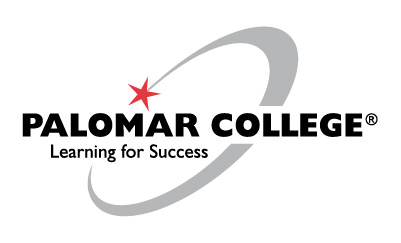Chairs & Directors
Interim Vice President for Instruction Dan Sourbeer called the meeting to order at 1:07 p.m.
• Dean Jack Kahn followed up on the Follett Discover presentation given by Najib Manea at the last meeting. He answered questions indicating 1) current data will be integrated into the new system – you will not have to start over, and 2) there is flexibility with participation and those who do not wish to use Blackboard may continue to handle their adoptions via phone or email. Given this flexibility, the decision was made to move forward with the integration of Follett Discover Adopt & Access.
• Dean Brian Stockert introduced the college’s new Articulation Officer, Benjamin Mudgett. He also indicated a new DRC Director will be starting after the January Board Meeting.
• Interim VP Sourbeer opened a discussion of the failed Presidential search, indicating the process would be starting over in the spring.
• Interim VP Sourbeer then outlined how he expected the district to move forward in a number of areas this spring. Some of the gaps in Administration will be filled. The Governing Board will be asked to approve Dr. Kathleen Kailikole as Interim Dean for MNHS at its January 12th meeting. The District is currently advertising for the Dean, CTEE and may go out for the Dean, AMBCS position later this spring. Mollie Smith has taken a Dean’s position in Long Beach City College. In her absence, Barbara Blanchard will be the lead administrator for the Adult Education Block Grant. The possibility of reorganizing the college will also be considered. VP Sourbeer also addressed the South Center. A new parking study is being conducted as part of the Environmental Impact Report (EIR), and this addition to the EIR will likely delay opening the South Center to spring 2018. The district will likely identify a Director for the South Center relatively soon to coordinate all the details of the opening, and get out into the community to form relationships and determine needs for scheduling purposes.
• Spring Enrollment is currently down. Outreach and marketing strategies are needed to increase enrollment. Relationships with the high schools are being formed as are relationships with the business community in order to strengthen pathways. The benefit of internship relationships was also discussed.
• There is a PRP workgroup that will be active in early spring to look at the process. Interim VP Sourbeer requested that chairs make notes as they are working on filling out the forms this year in order to provide feedback to the workgroup.
• Interim VP Sourbeer updated the group on the progress with the Accreditation recommendations.
• Construction for the STEM Center will begin over the break and will, hopefully, be completed by March.
• The district is expanding its international relationships. Representatives from CSUSM introduced the administration to individuals with ties to universities in China. They are interested in developing “2 + 1” programs (2 years in China, 1 year at Palomar) in Child Development, Kinesiology, and Drafting Technology, with the possibility of expanding to other programs in the future. A similar relationship may also develop with universities in Korea.
• Interim VP Sourbeer discussed the need to publicize the fall 2016 compressed calendar and new schedule in the spring to make sure students are the community are aware of the upcoming changes.
The meeting adjourned at 2:08 p.m.
Next Meeting
February 5, 2016


